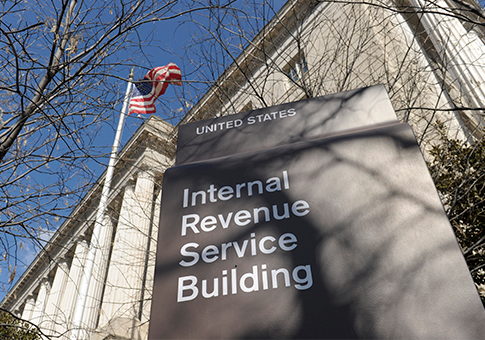Taxes
AICPA Provides Recommendations on Proposed Regulations Under Section 987
The proposed regs provide a new transition rule replacing the 2016 final regulations fresh start methodology, which accounts for the unrecognized section 987 gain or loss accrued before the transition date.
Feb. 14, 2024

The American Institute of CPAs has submitted recommendations to the U.S. Department of the Treasury and Internal Revenue Service in response to proposed 987 regulations published November, 2023.
The proposed regulations provide a new transition rule that replaces the 2016 final regulations fresh start methodology, which accounts for the unrecognized section 987 gain or loss accrued before the transition date. In addition, the new transition rule would not require taxpayers to retrospectively determine historic rates for items acquired before the transition date.
The AICPA requests that Treasury and the IRS consider the following recommendations when finalizing the regulations under section 987:
- Implement a de minimis threshold for the requirement to recompute pretransition gain or loss, under the modified foreign exchange exposure pool method for qualified business units (QBUs) without an eligible pre-transition method.
- Include guidance providing that, with respect to QBUs held by a controlled foreign corporation, for purposes of determining whether an earnings only method qualifies as an eligible pretransition method “applied consistently to all section 987 QBUs of the owner” if the owner has applied the earnings only method consistently for each year since the enactment of the Tax Cuts and Jobs Act of 2017 (TCJA).
- Alternatively, provide a cutoff period for the computation of the annual unrecognized section 987 gain or loss for each taxable year, to commence post-TCJA (2018 and 2019 for calendar and fiscal year taxpayers respectively) when the adjustments became relevant for most multinational taxpayers.
“One of the areas AICPA’s letter notes is the ability for these taxpayers to have access to prior year financial statements for the qualified business units, that may not be available,” says Reema Patel, Senior Manager for Tax Policy & Advocacy with the Association. “Through these recommendations, AICPA hopes to ease the administrative burden small business taxpayers would face if the proposed regulations are finalized in their current state.”
